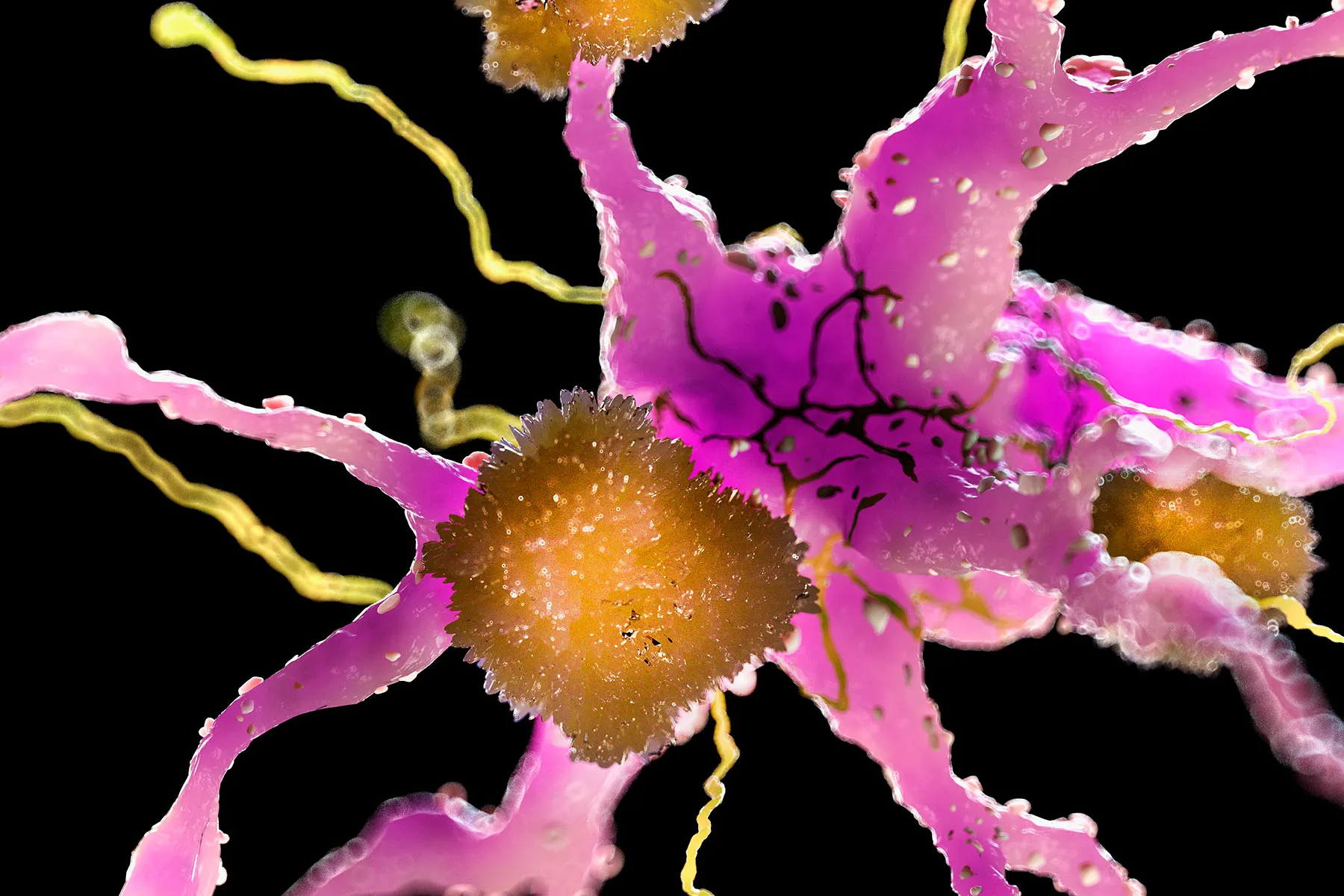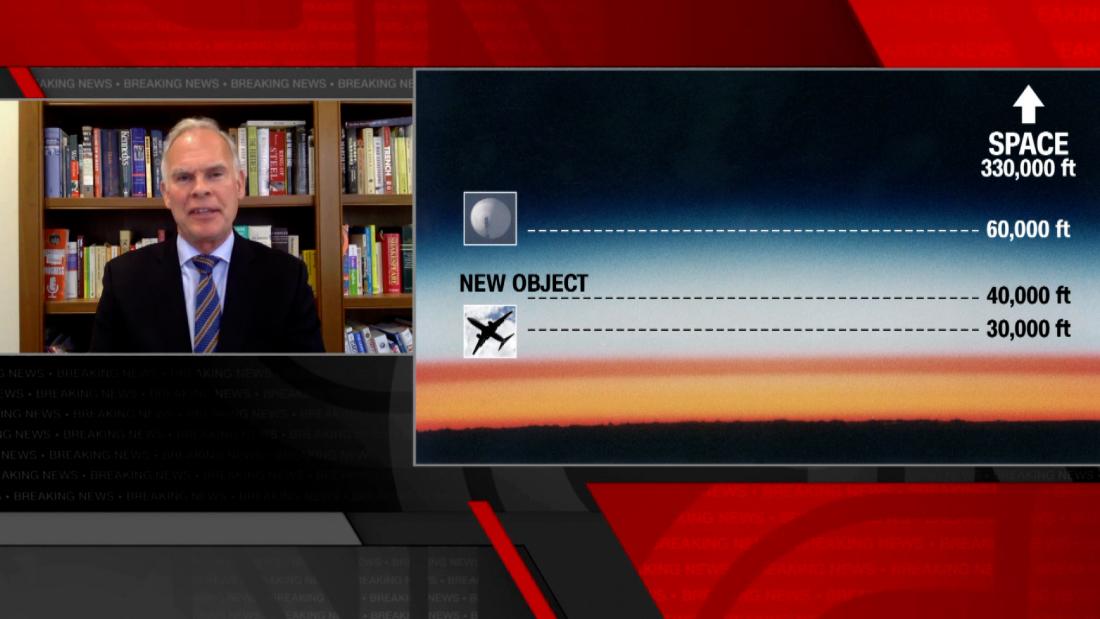Probation Puts Drug Offenders at Greater Risk of Returning to Prison: Paper
The system of community supervision for drug offenders has morphed into a “drug-control network focused on public safety” rather than rehabilitation, charges a Pennsylvania law professor.


Photo courtesy Chronicle of Social Change
Reformers have long criticized the criminal justice system for its lengthy prison sentences for drug-related offenses.
While mass incarceration is connected to drug-related punishment, the one million drug offenders currently under community supervision as an alternative to incarceration — probation, parole and supervised release —are effectively subjected to an equally onerous form of punishment, according to a forthcoming paper in the Ohio State Journal of Criminal Law.
The paper’s author, Jacob Schuman, an assistant professor at Pennsylvania State University School of Law, argues that the system of supervised release has become a “drug-control network focused on public safety” rather than rehabilitation.
“In an age of ‘mass supervision,’ community supervision is a major form of drug sentencing and drug policy,” the paper charges.
Noting that the federal system relies heavily on drug sentencing and supervised release, Schuman argues that much of the so-called transitional support for individuals leaving prison has morphed into a legal framework “devoted to surveilling, restricting, and punishing drug activity.”
In America today, there are over 2.2 million people detained in jails and prisons, yet double that population is under supervision — roughly 1.5 percent of the U.S. population—a figure that is “five to ten times the rates of European nations.”
More than one million people are under supervision due to a drug conviction.
According to Schuman, the consequences of violating supervision rules are harsh. Even non-drug offenders can be re-sentenced to harsher terms of supervision based on a prior record of drug activity.
A recent report by the Human Rights Watch and the American Civil Liberties Union found that in some states, simple drug use or possession accounted for up to one-in-four violations. To add to this, Schuman writes that other violations like failing a drug test, missing a treatment session, or losing a job are detrimental to the individual being supervised, as it creates “the most common” reason for the cycle of reincarceration.
See Also: New York Parole System Called ‘Reincarceration Machine’
To put this into perspective, Schuman cites a study in Washington D.C. which found that the District’s supervision system recorded 96,500 total technical violations in a single year, with over 90 percent being drug-related.
Can Drug Treatment Work?
Studies show that after being sent back to prison because of the intense scrutiny and supervision following a drug offense, it’s more likely that an individual will begin using drugs again, and “much more likely” to result in the person overdosing and dying upon release.
This has had advocates wondering, would drug treatment work instead?
Schuman writes that, contrary to popular belief, the increased level of surveillance actually increases the chance of a violation.
“Drug treatment appears to reduce recidivism, but also makes defendants more likely to get sent back to prison for non-criminal behavior by imposing more conditions for them to follow with closer scrutiny of their behavior,” he explained.
Schuman also detailed a study where offenders who received both treatment and drug testing compared to just supervised drug testing did “less well” in terms of completing their supervision without incident.
“Even well-intended drug supervision can become a driver of mass incarceration,” Schuman concluded.
Recognizing Hard Truths
“When discussing how to reform community supervision, it is important to accurately identify what the system is doing currently,” Schuman begins.
Prosecutors, probation officers, and judges may work in good faith to help people with drug addictions, Schuman writes; yet the law of federal supervision is designed to send those who relapse back to prison — not recover.
See Also: Stop Criminalizing Opioid Drug Users: Report
“Recognizing that reality is necessary to understanding the connection between mass supervision and mass incarceration,” Schuman concludes.
Jacob Schuman is an assistant professor at Pennsylvania State Law School and an affiliate faculty member at Penn State’s Criminal Justice Research Center and Consortium to Combat Substance Abuse. He studies criminal law, criminal procedure, and sentencing
The full report can be accessed here.
Additional Reading: Why Drug Courts Fail
Andrea Cipriano is a TCR staff writer.

 Landwebs
Landwebs 























